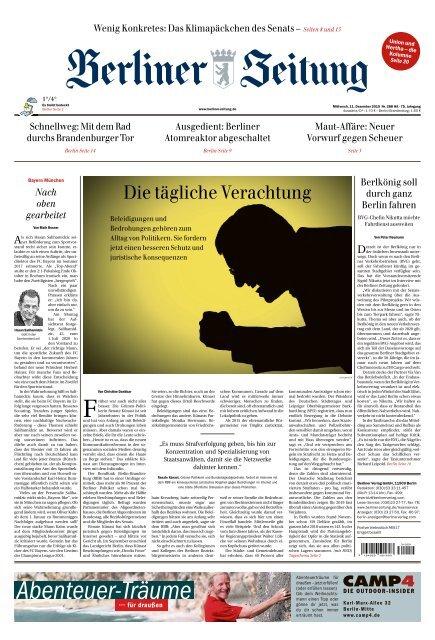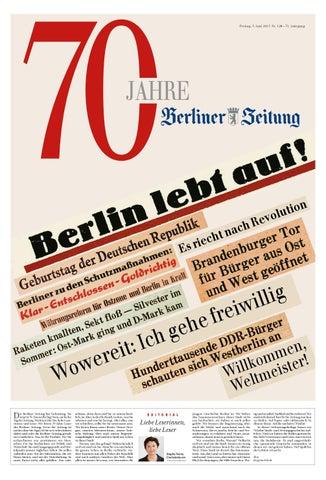As if pulled by magic, the cotton fabric moves under the machine, which produces a precise seam. Then it's time to embroider: the needle dances across the fabric, leaving narrow ribbons with water lilies, wavy lines or a neatly embroidered first name. At this point at the latest, many customers smile ecstatically - and Tina Seel leans back contentedly.
With her partner Sabine Opderbeck, the advertising expert opened the shop "Smilla" last October, where you can buy haberdashery, fabrics and sewing machines. "I've been working with sewing machines for more than 20 years and I've always been amazed that the manufacturers present themselves so old-fashioned," says Tina Seel. "But sewing is a creative matter that is incredibly fun and fits in very well with today."
The shop is bright, friendly and clearly arranged. Bolts of fabric with patterned cotton and jersey fabrics are stored in the front area, while the haberdashery range is housed in the back. In addition to needles, thread and thimbles, you will also find bag handles, belt buckles and the colored iron-on appliqués that have probably been used to save millions of broken children's trousers over the past few decades.
Smooth transition
Customers can try out state-of-the-art sewing, embroidery and overlock machines at several tables. "The overlock machines need a lot of explanation," says Tina Seel and opens one of the compact little machines and shows its complicated metallic inner workings. "You need machines like this if you want to hem T-shirts. Even with a very good sewing machine, you can't get them so clean," explains Tina Seel. Then she hands you a piece of jersey with a solid double seam that can be pulled apart wonderfully elastically.

After graduating from high school, Tina Seel did an internship at an advertising agency. A sewing machine manufacturer was the first company she looked after with other employees. The internship contract went seamlessly into an employment relationship and Tina Seel remained true to the sewing machines. Even when she moved to Berlin four years ago, she continued to advertise for the manufacturer, but also had the desire to set up her own business. "I felt that the topic of manual work and creativity was exploding," she says.
At a meeting for women founders, she then met Sabine Obderbeck, who had completed an apprenticeship as a tailor after graduating from high school, later studied communication sciences and worked as a freelance trainer and consultant for many years. "Since I never did any training in the textile sector, it seemed to me to be the ideal combination," explains Tina Seel. It took the two business partners a total of one and a half years to draw up a business plan and secure financing from banks.
"The sewing café is the engine of our business," says Sabine Opderbeck. The machines can be rented from seven euros per hour. In the sewing café, which is located in an adjoining room, there are half a dozen computer sewing machines, some sergers and a large cutting table. Courses for beginners and advanced learners are held here. There are "Lady's Sewing Nights" with Prosecco accompaniment, "Free Sewing Lessons" and "Experimental Sewing". The trained educator Sandra Doil leads the children's birthday parties and children's sewing courses, where boys and girls from the age of six sew small bags or balls. All sewing machines can be set to slow, which makes it easier for children to get started.
No old boxes
The shop went down well in the neighborhood right from the start, say the two businesswomen. The typical haberdashery shops, in which old boxes and dusty cartons with ominous contents were piled up to the ceiling, have long since disappeared from Berlin. The fabric departments of many department stores were also downsized or closed. "Customers are often grateful that they no longer have to drive to the nearest department store to buy thread or a pin cushion," reports Sabine Opderbeck.
However, the price of the high-tech machines often precedes self-realization in hobby fashion design. "The cheapest devices that we can recommend here with a clear conscience cost 250 euros," says Sabine Opderbeck. For a machine that is a lot of fun with a powerful motor and numerous creative programs, more than 500 euros are due.
Spontaneous purchases are therefore rather rare with "Smilla". "Our customers' desire for a good sewing machine matures over several weeks or months," says Tina Seel. A sewing machine is a purchase for life. Our grandmothers already knew that.
Smilla Eisenacher Straße 64, Schöneberg, Tel. 325 913 33, Mon.-Fri. 10am-7pm, Sbd. 10am-4pm











Test winner at Stiftung Warentest:...
How to get the perfect look for Cos...
Dry elbows: This is how brittle ski...
Cream for Rosacea: The Best Creams